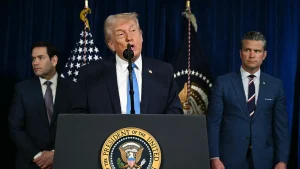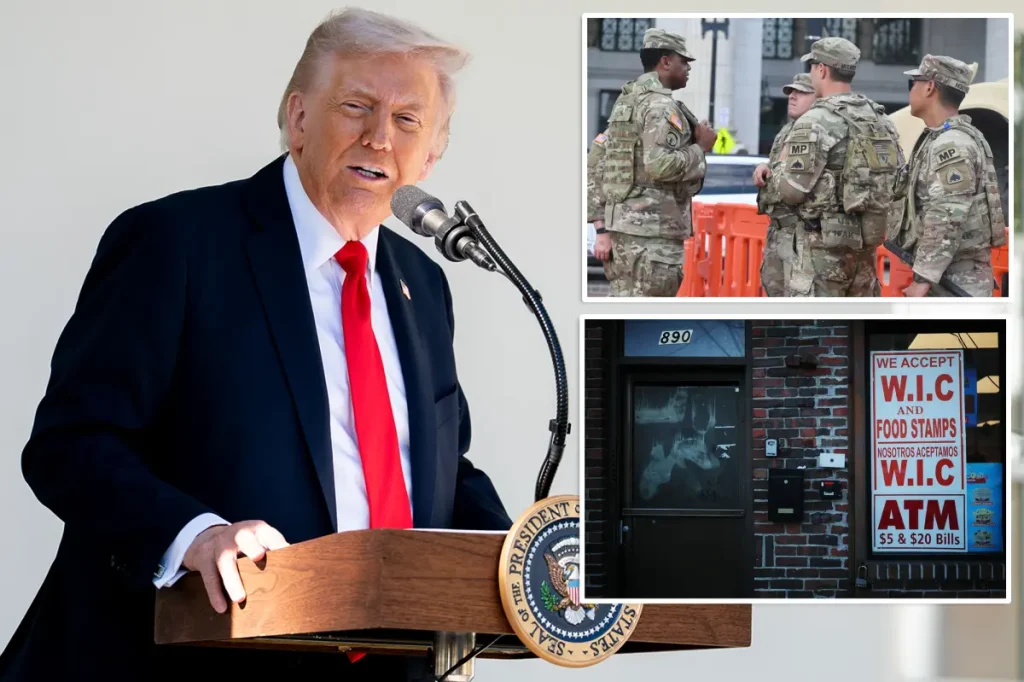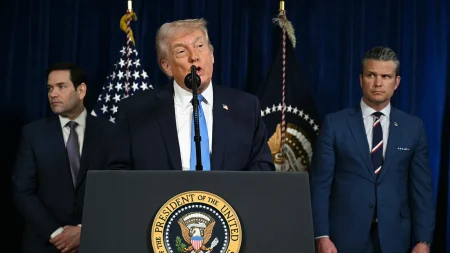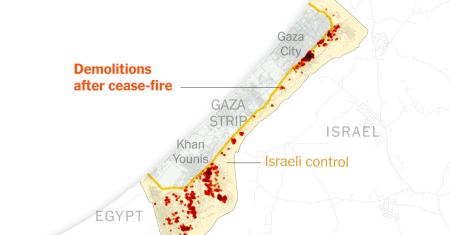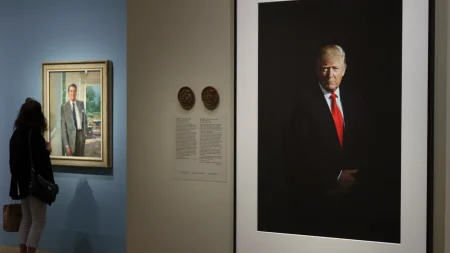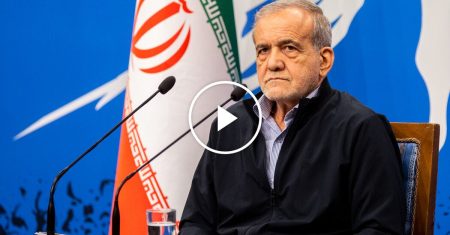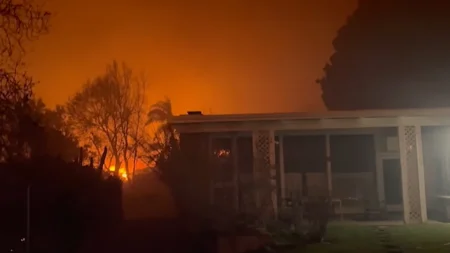Pentagon’s Unprecedented $130 Million Anonymous Donation Sparks Controversy Amidst Government Shutdown
In an extraordinary development during the ongoing government shutdown, the Pentagon has accepted an anonymous $130 million donation intended to help cover military paychecks. This unprecedented move, announced by President Trump at a rally, has raised significant questions about its legality and implementation as the shutdown enters its 24th day, making it the second-longest in American history. “A friend” who “loves the military and loves the country” reportedly made the donation, requesting no recognition for their generosity, according to the President’s announcement to supporters. The timing of this contribution highlights the growing desperation surrounding the shutdown, with millions of federal employees facing missed paychecks and closed offices across the nation.
Pentagon spokesman Sean Parnell confirmed the donation in a statement, saying, “On October 23, 2025, the Department of War accepted an anonymous donation of $130 million under its general gift acceptance authority. The donation was made on the condition that it be used to offset the cost of service members’ salaries and benefits.” The statement notably included political framing, adding that they were “grateful for this donor’s assistance after Democrats opted to withhold pay from troops.” However, despite the Pentagon’s willingness to accept this money, serious constitutional and legal questions have emerged about whether the funds can actually be used as intended without congressional approval, which is typically required for appropriating money for federal salaries.
Legal and budget experts have quickly pointed out the constitutional hurdles facing this unusual arrangement. Romina Boccia, director of budget and entitlement policy at the libertarian Cato Institute, explained that “the department is welcome to acknowledge this donor’s intent, but that does not change the legal restrictions on Congress needing to appropriate funds to pay military salaries.” This highlights the fundamental constitutional principle enshrined in Article I that gives Congress—not private donors or the executive branch—the “power of the purse” and the authority to allocate funds for federal salaries. According to Boccia, existing law only permits the military to accept private gifts for specific purposes like funding schools, libraries, facilities, or helping troops injured or killed in service—but not for general salary payments.
The scale of the donation, while impressive at first glance, also raises questions about its practical impact. Todd Harrison, a budget analyst from the American Enterprise Institute, noted that the White House estimates covering military pay for just the first half of October cost approximately $6.5 billion. By that measure, the $130 million donation would only cover about one-third of a single day’s military payroll, highlighting both the donor’s generosity and the enormous scale of government operations that private philanthropy simply cannot replace. This disparity underscores the severity of the shutdown crisis and the limitations of private solutions to what is fundamentally a governmental funding issue requiring political resolution.
Further complicating matters are questions about the donor’s identity and potential conflicts of interest. While the Pentagon confirmed accepting the donation “under its general gift acceptance authority,” officials declined to specify whether the donor is an American citizen or a foreign national—a distinction with significant implications. Pentagon ethics rules require gifts exceeding $10,000 to be carefully vetted to ensure donors don’t have interests “substantially affected” by their gifts, with additional scrutiny applied to non-U.S. donors. The unprecedented size of this donation would normally trigger extensive review processes to prevent potential conflicts of interest or improper foreign influence, though it remains unclear if these procedures were followed in this case.
The White House has deflected questions about the donation to the Pentagon and Treasury Department, neither of which has provided substantial details beyond the initial announcement. President Trump described the donor’s intention as wanting to “contribute any shortfall” resulting from what he characterized as “Democrats refusing to pass a spending bill.” This framing places the donation within the context of the partisan standoff that has led to the shutdown itself, potentially politicizing what might otherwise be seen as a purely philanthropic gesture. As the shutdown continues with no immediate resolution in sight, this unusual donation highlights both the extraordinary circumstances of the current political impasse and the complex constitutional questions that arise when private citizens attempt to fund government functions typically supported through the congressional appropriations process.


